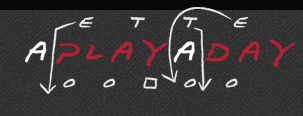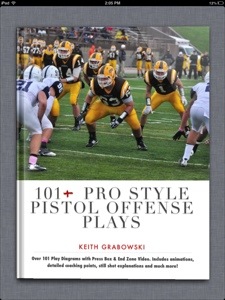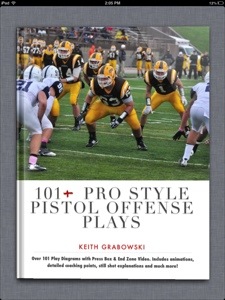This article on USA Football includes videos of Dan Gonzalez’s drag drill. At the end of the drill is a movie trailer of Dan’s latest project. This is an exciting development. Dan’s interactive book goes well beyond what he presented in his first two books (both of which are outstanding). Take a look at the trailer at the end of the video. Here it is on its own:
On USA Football:
For coaches and players, summer is a fun time a year. The challenge is to strike a balance between family, football and fun. With some simple guidelines to help maintain focus, the summer months can be utilized in a way that it isn’t overwhelming for players and maximum commitment is attained. Establish an attendance policy The first thing we always do is establish a summer attendance policy. We want players and families to know that their time is important, but their commitment is expected. We outline that if they are in town, they must attend. We establish well beforehand that summer jobs are not an excuse. We put our workouts in the morning – other than some 7-on-7 nights – at the exact same time that camp will start in August. We feel that this way their bodies are acclimated to working at that time of day, and there isn’t an adjustment period when camp hits. We are flexible with athletes involved in other sports during the summer. We communicate with the other coaches before the summer so that we know what each other’s plans are and can work things out so that the athlete doesn’t miss important events. We also establish communication expectations. We never want to hear from a player that: “Johnny told me to tell you he is out of town today.” We want and expect direct communication with the player. Under these simple guidelines, we have always had very high attendance at our summer workouts…read more
Check out my interactive books:
101+ Pro Style Pistol Offense Plays and The Zone Running Game: Create a Structured System. Both resources are filled with detailed information, interactive presentations, and game film.



